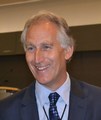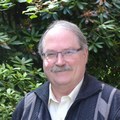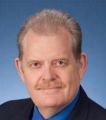What the “Whole-System, Water Balance Approach” means for Lowland Drainage in BC

The ARDA program (Agriculture Rural Development Agreement) of the 1960’s and early 1970’s was a Federal and Provincial capital projects program that funded rural agriculture development. This program was followed by ARDSA (Agriculture Rural Development Subsidiary Agreement) in the late 1970’s and early 1980’s. “The province established a set of criteria which determined the level of drainage improvements that were deemed to be acceptable in terms of cost-benefit, and the ability to pay. These have come to be known as ARDSA criteria,” stated Ted van der Gulik. “The ARDSA criteria were used to determine the capacity of drainage ditches and pump stations for all ARDA and ARDSA projects that were approved for funding.










